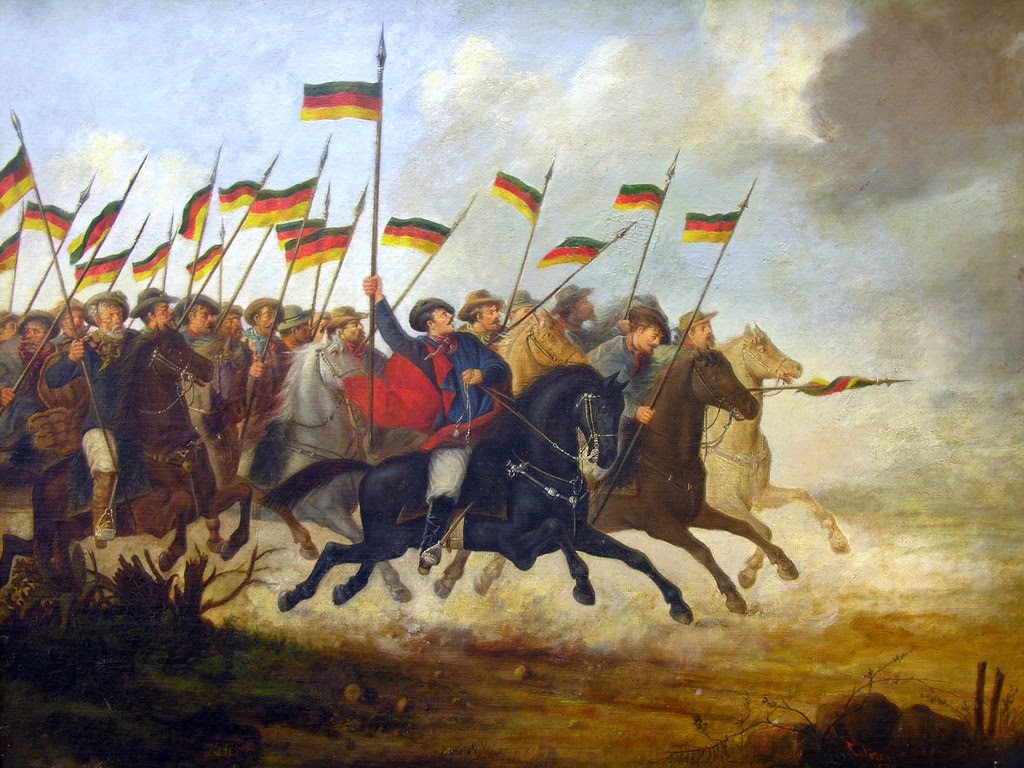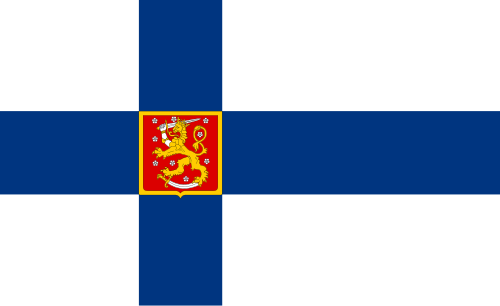The Background
ChaoticGenius
Nostalgic Time Traveler
- Location
- The United States of America

The World in the Year of Our Lord 1991.
Credits for the scenario undeniably belong to @The Lone Taco, who poured time and effort into this scenario, so much so that it must not be ignored. I pray I do this scenario justice.
- Don't be a dick
- After major war results are posted, you wait 24 hours before appealing to me. This allows you to calm down and build up an argument should it be necessary.
- We will be using the 3 claims system.
- If your nation isn't mentioned or a particular facet of your nation isn't mentioned, then it's up to you.
- There will be unplayable nations (The Central American states, states in Central Asia, etc.).
- Feel free to use OTL and fictional politicians and leadership as you please, just make sure it makes sense. I don't really mind either way and I'll be using both.
We are using a three-claims system for mods. List the three types of mod you would like to be from most to least. All diplomacy and plans must include the God Mod as well as any other appropriate moderator, otherwise they will be rendered non-canon.
God Mod: @ChaoticGenius
NPC Mod(s): @ChaoticGenius
War Mod(s): @ChaoticGenius
Map Mod: @HumanityDark, @Kerensky, @Ceslas
Espionage and Minor War Mod(s): @ChaoticGenius, @DonFitz, @Kerensky, @HumanityDark
Turns:
Turns will last approximately three to four days, with each "group" of said days lasting a year. A report will be issued on the state of the world in the middle of each period, highlighting important world events to pay attention to, and describing various events, from military to technological, to social to diplomatic. After all, nation games are not all about war!
Nation Name In Native Language - 1991
National Flag
Name: Nation Name in English
Head of State: Name
Head of Government: Name
Type of Government: Self-explanatory
Population: Use populstat for a basic idea; if you have questions, PM me
Capital: Capital
Domestic
Internal Events:
-Any internal events to talk about...
Economic Status:
-Great (Example)
-Economic information goes here....
Military
-All military information not dealing with the numbers themselves goes here...
Army:
Diplomacy:
National Flag
Name: Nation Name in English
Head of State: Name
Head of Government: Name
Type of Government: Self-explanatory
Population: Use populstat for a basic idea; if you have questions, PM me
Capital: Capital
Domestic
Internal Events:
-Any internal events to talk about...
Economic Status:
-Great (Example)
-Economic information goes here....
Military
-All military information not dealing with the numbers themselves goes here...
Army:
- Number of Men in total currently in the active military
- Number of Reserves (State whether or not they are demobilized here, in parentheses)
- Number of Tanks
- Type of ships...
- Type of ships...
- Type of ships...
- Type of planes...
- Type of planes...
- Type of planes...
Diplomacy:
Espionage Format:
YOUR NATION: the name of your nation
TARGET: who your espionage is aimed at
MISSION: what you want to do
METHOD: how you plan to do it
MOTIVE: why you want to do this
OTHER: anything else relevant to the mission, ex: a trading company in the same city that could supply your spies with weapons
YOUR NATION: the name of your nation
TARGET: who your espionage is aimed at
MISSION: what you want to do
METHOD: how you plan to do it
MOTIVE: why you want to do this
OTHER: anything else relevant to the mission, ex: a trading company in the same city that could supply your spies with weapons
Warplan Format:
YOUR NATION: the name of your nation
ALLIES: any allies
COMBINED FORCES: the total number of men you are sending and however many men your allies are contributing
OPPOSING NATION(S): who you are fighting
THEATRE(S): where you are fighting
MILITARY DOCTRINE: the style of war your military is orientated towards, about a paragraph
MILITARY GOALS: what you are fighting for
STRATEGY: how you will fight on a strategic level – don't bother listing battlefield tactics, this should just be about where your men go and what they try to capture
YOUR NATION: the name of your nation
ALLIES: any allies
COMBINED FORCES: the total number of men you are sending and however many men your allies are contributing
OPPOSING NATION(S): who you are fighting
THEATRE(S): where you are fighting
MILITARY DOCTRINE: the style of war your military is orientated towards, about a paragraph
MILITARY GOALS: what you are fighting for
STRATEGY: how you will fight on a strategic level – don't bother listing battlefield tactics, this should just be about where your men go and what they try to capture
Nation: XYZ
Space Program Name: XYZ
Funding Amount: XYZ
Plans for Program: XYZ
Goals: XYZ
The nation and space program names are self-explanatory by listing the name of your country, and in turn your space program. For funding, I will specify by glorious mod-power currently engaged in the space race what your funding amount is, and depending upon actions you do in your turn posts, along with the RNG gods can determine what your funding can turn into the year after that. Plans for the program are more short-term aspects, and must explain what you do. "Going into space" is not reasonable for plans for program. "Launching a satellite into orbit" or "Studying the Earth's climate" are reasonable aspects for plans. Goals are more long term like "Start a manned space flight program" or "Send a probe to Mars".
Space Program Name: XYZ
Funding Amount: XYZ
Plans for Program: XYZ
Goals: XYZ
The nation and space program names are self-explanatory by listing the name of your country, and in turn your space program. For funding, I will specify by glorious mod-power currently engaged in the space race what your funding amount is, and depending upon actions you do in your turn posts, along with the RNG gods can determine what your funding can turn into the year after that. Plans for the program are more short-term aspects, and must explain what you do. "Going into space" is not reasonable for plans for program. "Launching a satellite into orbit" or "Studying the Earth's climate" are reasonable aspects for plans. Goals are more long term like "Start a manned space flight program" or "Send a probe to Mars".
Nations and Their Leaders:
The Empire of Mexico - @Ceslas
The Democratic Republic of Russia - @Kerensky
The Kingdom of Two Sicilies - VACANT
The Southron Social Republic - @FightinFrenchman
The Kingdom of Finland - @naxhi24
The Japanese Empire- @BritishGrenadier
The United Kingdom of Great Britain and Northern Ireland - @Maugan Ra
The Kingdom of Portugal - @Demonic Spoon
The Third Republic of the United States of America - @Arthur Frayn
The Kingdom of Savoy - @King Saul
The Kingdom of Ethiopia - @firepelt123
Hashemite Arabia - @DanMan
The Republic of China - @ZealousThoughts
The Revolutionary Islamic Republic of Egypt - @mcclay
The Kingdom of France - @Gamelin
The Union of Cisplatina - @ByzantineCaesar
The Congo Administrative Zone - @Another Amoeba
The Kingdom of Hungary - @Texan
The South German Confederation - @Crilltic
The Republic of Turkey - @Korona
The Commonwealth of Virginia - @DonFitz
The Dominion of Canada - @Harpsichord
The Federation of Benelux - @SuperMissile
The Kingdom of Siam - @RedDragon2000
The Empire of Alyeska - @HumanityDark
The North German Federation - @Cybandeath
The Confederacy of Southron America - @Arrow
The Dominion of Nigeria - @baboushreturns
The Kingdom of Poland - @bigseb31213
The Democratic Republic of West India - @Traveller76
The Second Republic of Texas - @Secretariat
The Dominion of South Africa - @Theravis
The Kingdom of Greece - @EmperorCasey
The World Turned Upside Down - A 20th Century Nation Game - OOC - Alt. History
Last edited:
































